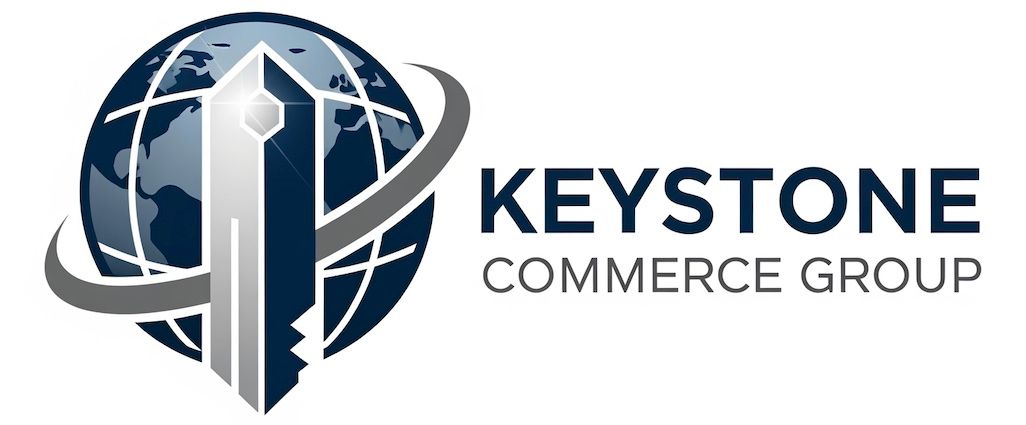Navigating Legal Requirements for Market Entry in the Middle East
Entering the Middle Eastern market offers exciting opportunities for businesses, but it requires careful navigation of the region's legal landscape. Understanding the legal requirements is crucial for a successful market entry and long-term growth. This blog post will guide you through the essential legal considerations for doing business in the Middle East.
Understanding Local Regulations
Each country in the Middle East has its own set of regulations governing business activities. These laws can vary significantly, so it is important to understand the local legal framework. Engaging with local legal experts is often a wise approach to ensure compliance with these regulations.
Compliance with local laws often includes understanding tax obligations, employment laws, and industry-specific regulations. Make sure to research and understand the specific requirements of the country you plan to enter.
If your target market is the United Arab Emirates, your legal framework might be much simpler. Indeed, the DIFC and the Abu Dhabi Global Market follows the British Law.

Company Formation and Licensing
Forming a company in the Middle East typically involves several steps, including choosing the right business structure, registering with local authorities, and obtaining the necessary licenses. The process may differ depending on the country and the type of business.
Some countries offer free zones, which can provide simplified processes and tax incentives. However, businesses operating outside these zones may need a local sponsor or at least a local visa holder partner. Understanding these distinctions is essential for strategic decision-making.

Intellectual Property Protection
Protecting your intellectual property (IP) is vital when entering new markets. The Middle East has been strengthening its IP laws, but enforcement can still vary. Registering trademarks, patents, and copyrights will help secure your business interests.
Working with legal professionals familiar with the region's IP laws can provide valuable insights and protection. Ensuring your IP rights are safeguarded can prevent potential disputes and protect your brand's reputation.

Understanding Employment Laws
Employment laws in the Middle East is complex, with variations across different countries. These laws cover important aspects such as labor contracts, employee rights, visa approval and termination procedures. Companies must adhere to these regulations to avoid legal complications.
It is crucial to draft clear employment contracts and understand the working conditions and benefits required by law. Consulting with local HR professionals can help ensure compliance and promote a positive work environment. Free zones like DIFC and DMCC provide employment contracts templates.
Complying with Import and Export Regulations
The Middle East is a hub for international trade, and understanding import and export regulations is essential for businesses looking to enter the market. These regulations can include tariffs, duties, and specific documentation requirements.
Partnering with experienced logistics and trade compliance experts can streamline the process and ensure your business meets all legal requirements. Staying informed about changes in trade laws will also contribute to smoother operations.

Conclusion
Successfully navigating the legal requirements for market entry in the Middle East involves understanding a complex set of regulations and engaging with local experts. By taking the time to research and comply with these legal requirements, businesses can establish a strong foundation for growth and success in this dynamic region.
Whether you're considering company formation, intellectual property protection, or employment regulations, a strategic approach to legal compliance will pave the way for a successful venture in the Middle East.
